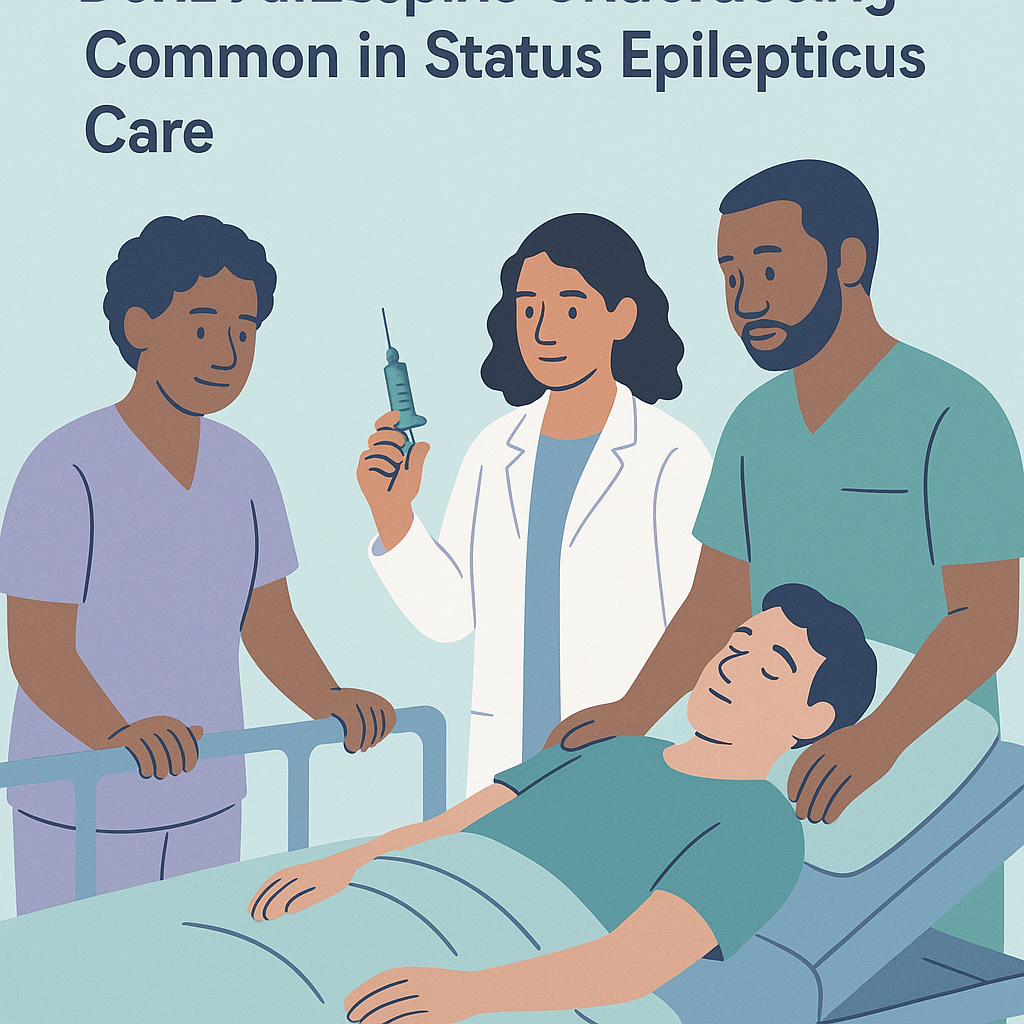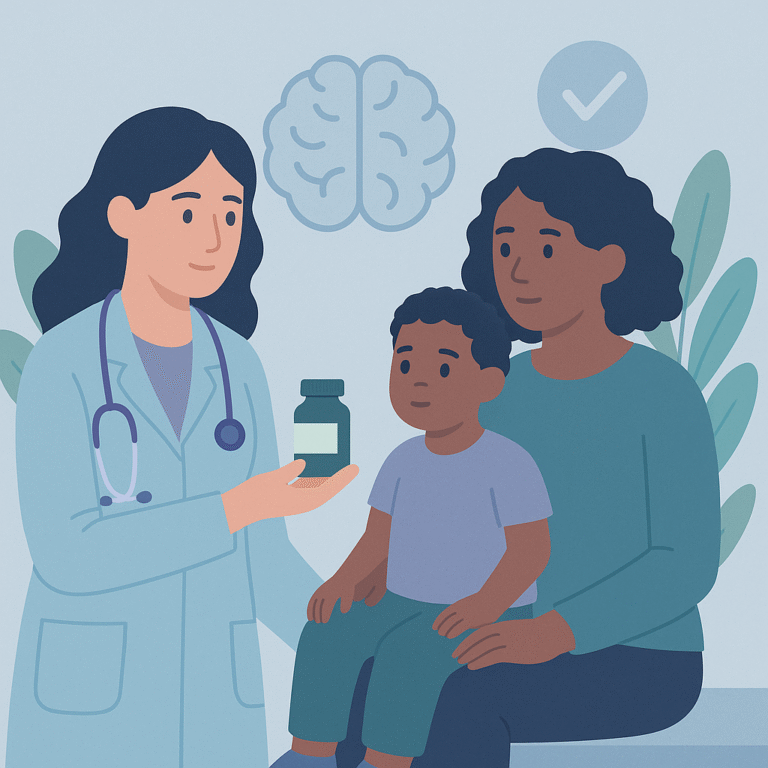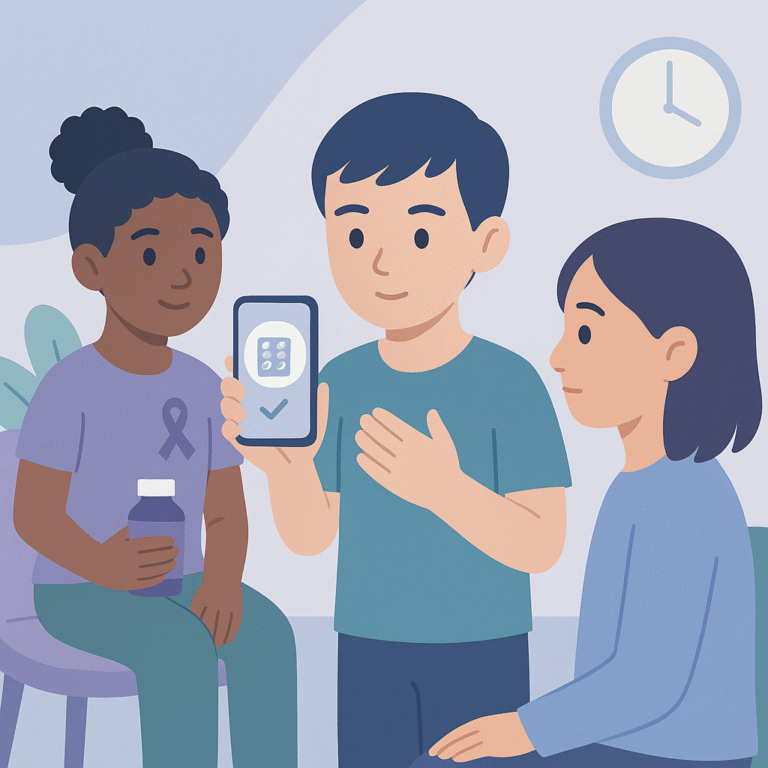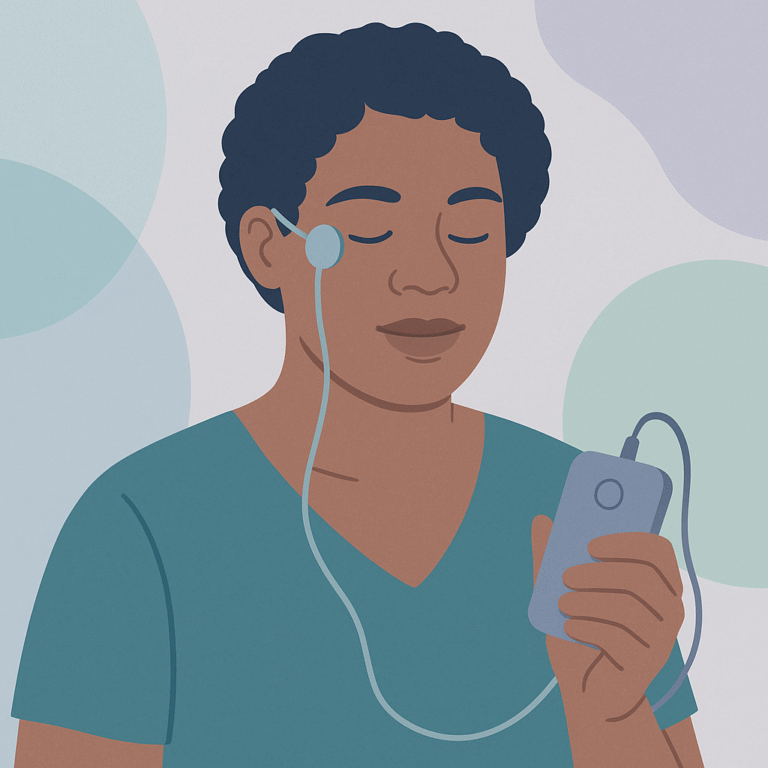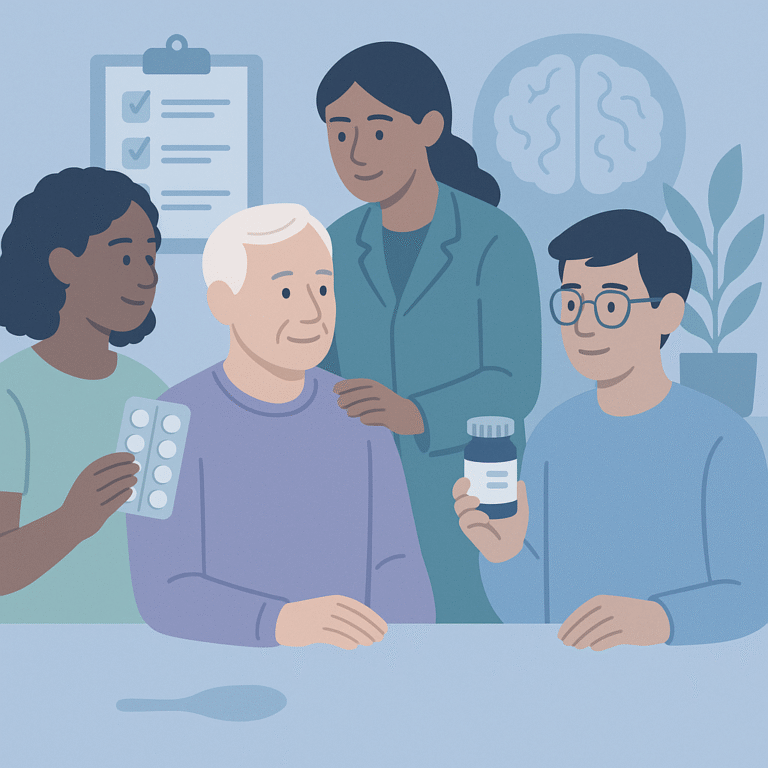Benzodiazepine Underdosing Common in Status Epilepticus Care
Source: frontiersin.org
Summary
This study looked at how benzodiazepines (BZD), a type of medication used to treat status epilepticus (SE), were given to adult patients in the emergency department (ED). Status epilepticus is a serious condition where seizures last too long or occur back-to-back, requiring urgent treatment. Researchers reviewed the medical records of 196 adults who received BZDs for SE between January 2021 and January 2024 to see if they got the right amount of medication and how that affected their health outcomes.
The findings showed that only 17% of patients received the correct first dose of BZDs as recommended by guidelines. Most patients were given lorazepam, but the majority did not get enough of it. The study found that inadequate dosing was linked to higher in-hospital mortality rates, meaning patients who received less medication had a greater chance of dying during their hospital stay. However, the overall need for breathing support and other serious complications did not differ significantly based on the dosing.
These results highlight a significant issue in treating status epilepticus, as many patients are not receiving the appropriate doses of medication. While the study did not find clear differences in some health outcomes based on dosing, the link between low doses and higher mortality is concerning. This suggests that improving how BZDs are administered in emergency settings could be crucial for better patient care. However, the study was conducted at a single hospital, so the findings may not apply to all healthcare settings.
Free: Seizure First Aid Quick Guide (PDF)
Plus one plain-language weekly digest of new epilepsy research.
Unsubscribe anytime. No medical advice.